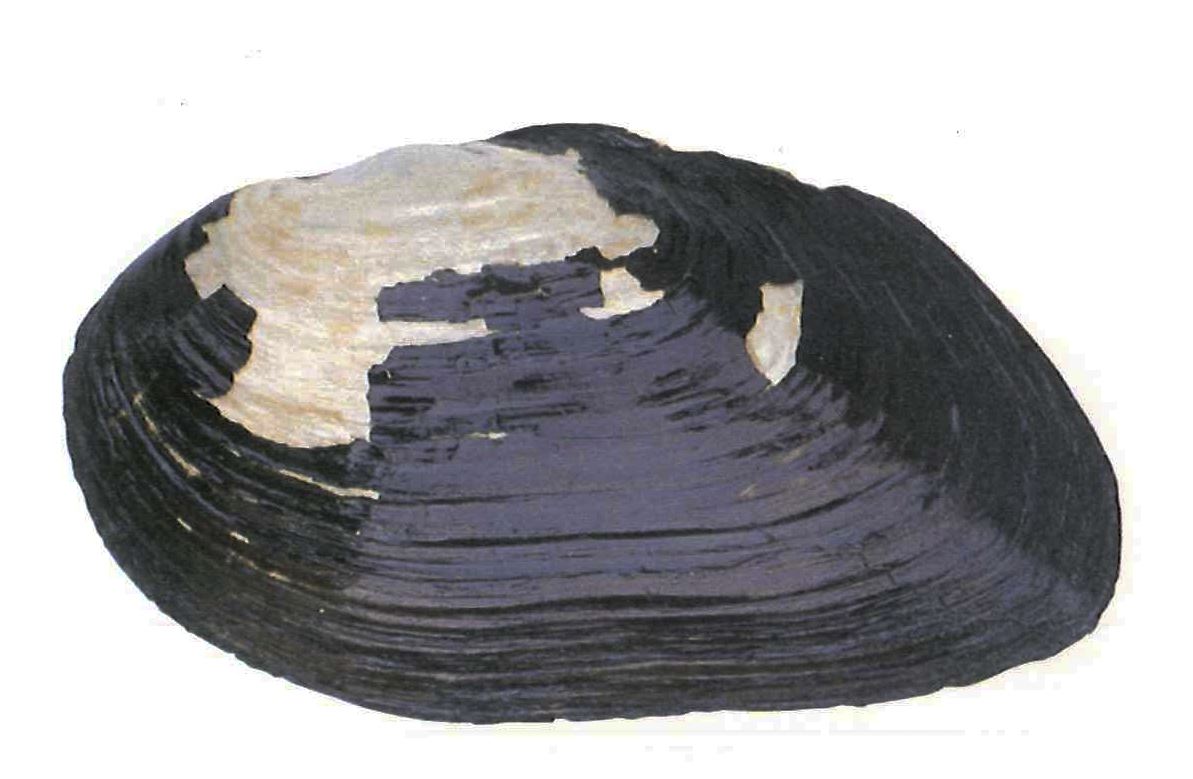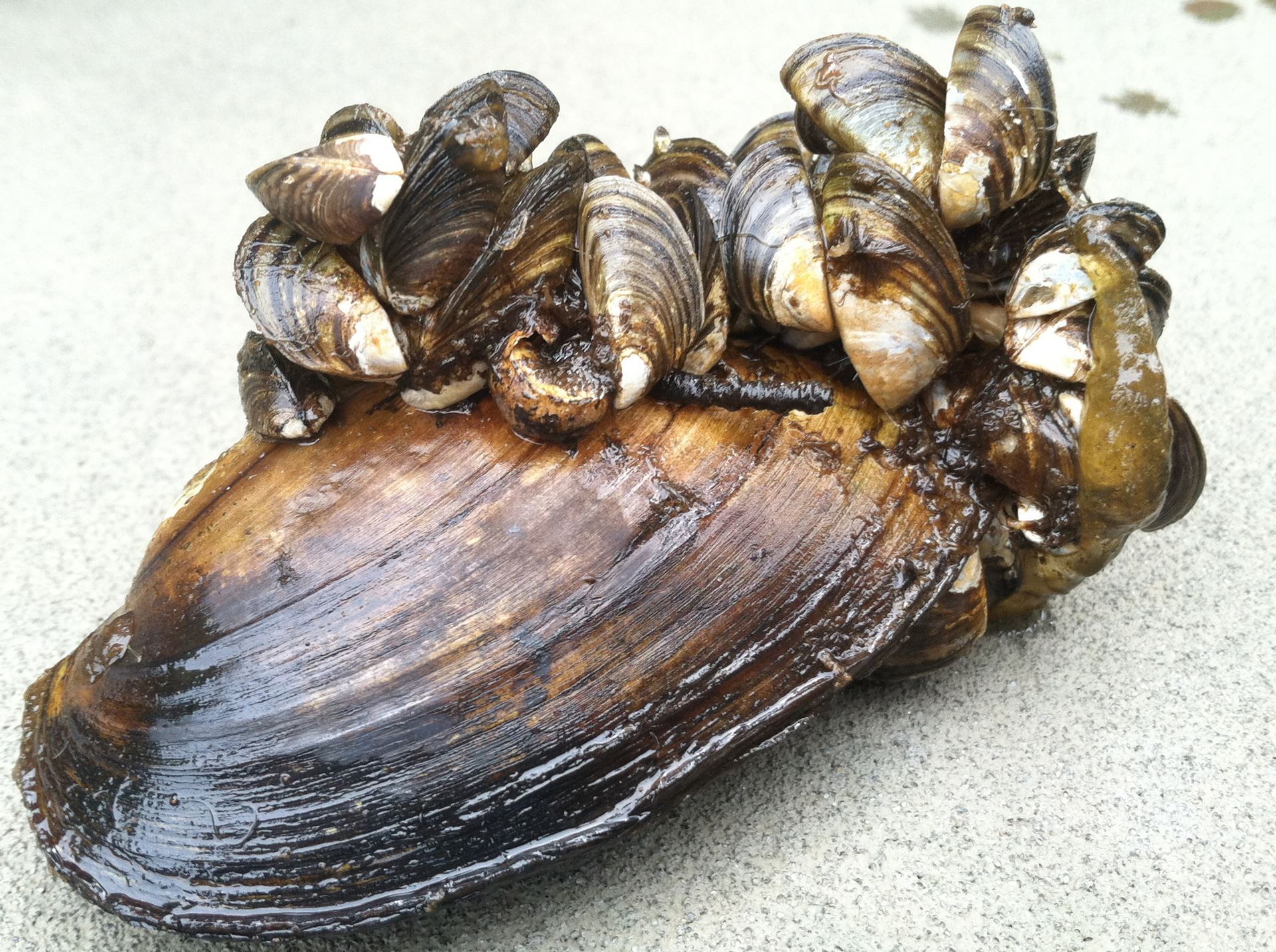Hello LSC.
You may have recently seen a news story about fresh water mussels in Vermont, specifically the Brook floater (which is not in LSC) on WCAX. The link is included below.
This is a good opportunity to talk about the fresh water mussel that we do have in Lake St. Catherine called the Eastern Elliptio (which is briefly mentioned in the story).
The Eastern Elliptio is abundant in LSC, and you have probably seen the discarded shells left by muskrats near the shoreline. This native mussel is very beneficial to the lake!

Photo: Eastern Elliptio, Vermont Center for Ecostudies
As noted by the Chesapeake Bay Program and NH F&G, the Eastern Elliptio needs relatively clean water to survive, so its presence is a good indicator of environmental health, an adult mussel can filter and clean about 10 gallons of water each day, it has an important role in filtering water and nutrient cycling and therefore water quality, and because of its abundance and important role as both prey and water filtration, it is among the most valuable benthic organisms to local ecosystems.
The Eastern Elliptio should not be confused with the much smaller, and invasive zebra mussel (which are in nearby lakes). Our Greeter Program at the boat launch checks incoming vessels for this invasive mussel, and other aquatic invasive species (AIS) to make sure they do not get introduced into LSC. This image shows a native mussel with multiple zebra mussels attached:

Photo: Mussel with Zebra Mussels attached, University of Minnesota Extension
As noted by Vermont F&W, zebra mussels have many ecological and economic impacts in waters they have invaded. They reproduce quickly, form dense colonies, and can completely coat lake bottoms in densities of more than 10,000 per square meter, reducing available food resources for native species that rely on plankton and can impact native mussel populations in particular.
You can read more about the Eastern Elliptio on this page from Vermont Center for Ecostudies: https://val.vtecostudies.org/projects/vermont-freshwater-mussel-atlas/elliptio-complanata/
The WCAX Brook floater story: https://www.wcax.com/2022/08/16/wildlife-watch-brook-floater/?fbclid=IwAR0PNGgebopxnmZz5r_9SuS4OkMq0YXnLZS3kKfacwDPHcffWfM8cVA2arg